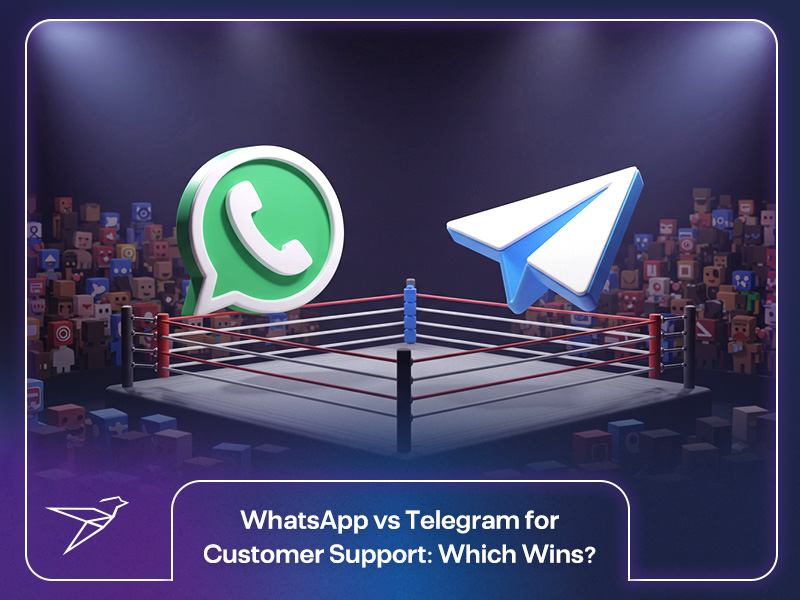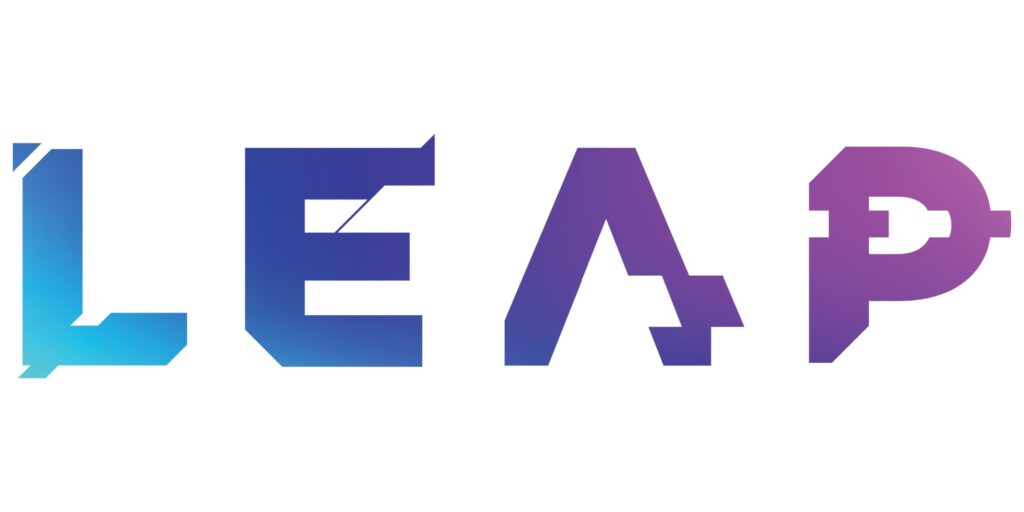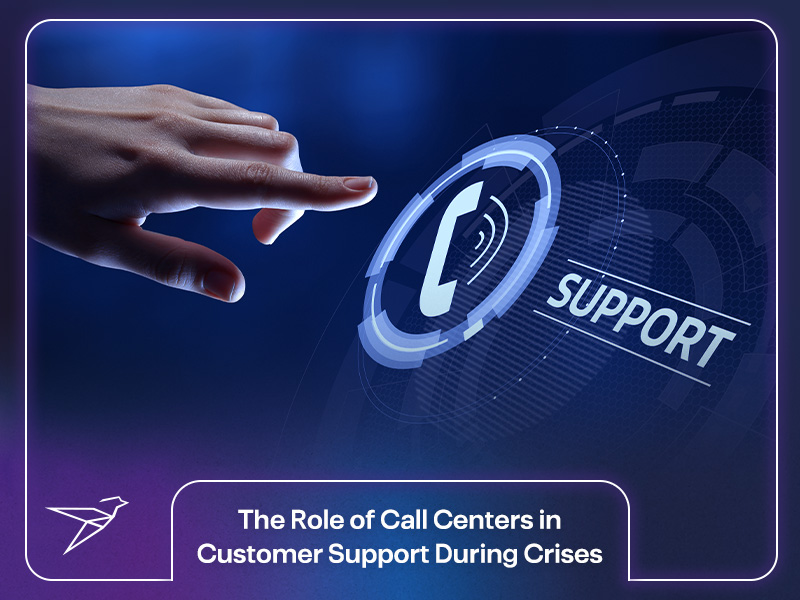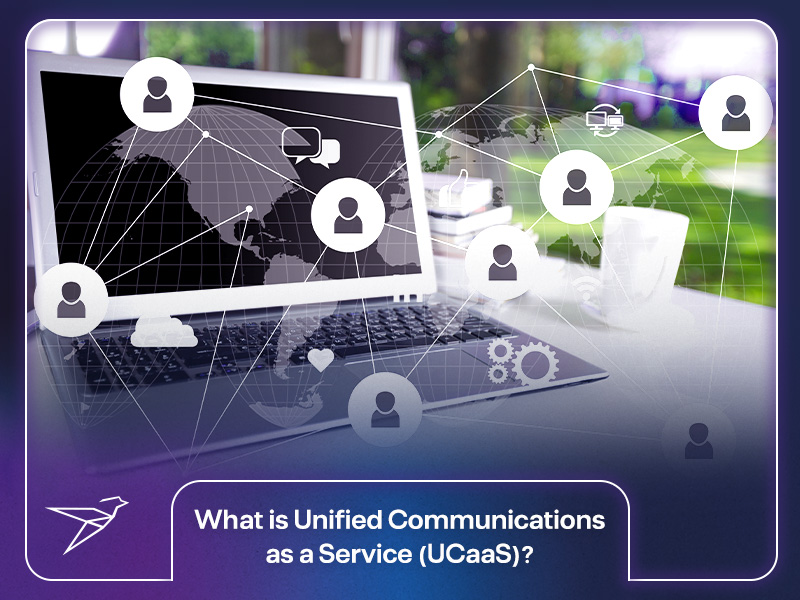In today’s digital-first world, customer support is evolving rapidly. Messaging apps have become the front line of communication between businesses and customers. In Saudi Arabia, where mobile usage is high and digital transformation is accelerating, choosing the right messaging platform is crucial. Two of the most popular options are WhatsApp and Telegram. But when it comes to customer service, which one truly delivers better results?
This article dives into a detailed comparison between WhatsApp and Telegram for customer support, helping Saudi businesses choose the best fit for their communication strategies.
Overview of WhatsApp and Telegram as Support Tools
WhatsApp and Telegram are both encrypted messaging apps with massive global user bases. WhatsApp is widely adopted for customer support, especially with the WhatsApp Business API enabling businesses to manage customer interactions at scale. Telegram, on the other hand, is known for its flexibility, support bots, and open APIs.
Know more about: What is Unified Communications as a Service (UCaaS)?
Why Choosing the Right Messaging App Matters
Customer expectations today revolve around instant replies, personalized service, and secure communication. A suitable messaging app improves customer trust, boosts brand engagement, and streamlines support operations. In Saudi Arabia, where brands are investing in digital communication tools, the right platform can provide a competitive edge.
Discover more about: How to Choose the Best Call Center System in Saudi Arabia?
WhatsApp vs Telegram for Customer Service: Feature Comparison
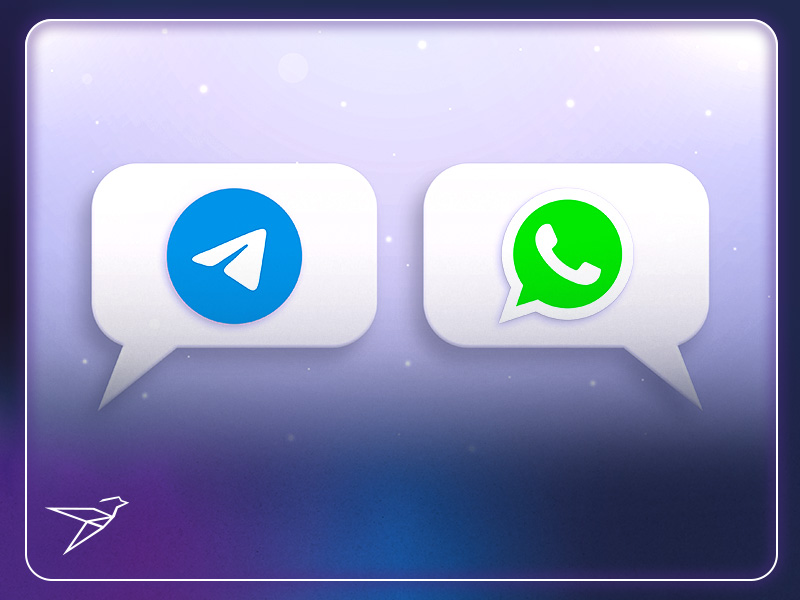
User Base and Reach in Saudi Arabia
WhatsApp holds a dominant market share in the Saudi communication space. With its verified business profiles and session messaging, WhatsApp customer support is widely trusted. Telegram has a smaller footprint but is growing among tech-savvy users.
Customization and Bots
Telegram support bots are easy to build and integrate with various services, making Telegram flexible for businesses that need custom solutions. WhatsApp offers chatbot integration through the WhatsApp Business API but with more restrictions and template approvals.
Dive deeper into: Why CRM Integration is Crucial for Communication Platforms
Integration with Business Tools
WhatsApp excels in CRM integration options and synchronization with platforms like Salesforce, HubSpot, and Zoho. Telegram has open APIs but lacks native integrations with enterprise-grade CRMs.
Multimedia Support and File Sharing
Both platforms support file sharing and multimedia, but Telegram allows larger file sizes (up to 2GB), while WhatsApp is limited to 100MB. For support cases involving large documents or media, Telegram might have the edge.
Explore more about: Digital Customer Engagement Solutions in Saudi Arabia
Security and Privacy Features
Both apps use encrypted messaging, but WhatsApp offers end-to-end encryption by default in all chats. Telegram uses server-side encryption with optional secret chats. For highly sensitive conversations, WhatsApp may inspire greater customer trust.
Cost and Scalability
Telegram is free and open-source. WhatsApp Business API involves cost per message and integration setup fees. However, the cost is justified by advanced analytics, verified business messaging, and global reliability.
Group vs One-on-One Support
Telegram channels and groups can be large and ideal for broadcasting. WhatsApp is optimized for personalized, one-on-one conversations, making it better suited for dedicated support.
Find out more about: How Experia Helps Companies Reduce Customer Support Costs
Brand Verification Options
WhatsApp offers verified business profiles with green checkmarks, boosting customer confidence. Telegram lacks native business verification, which can affect brand presence and trust.
Use Cases for Each Platform
- WhatsApp: Ideal for e-commerce brands, banks, and service providers needing structured, secure, and personalized communication.
- Telegram: Best for tech communities, digital services, and organizations that require high-level automation and mass updates.
Learn more about: Enhancing Customer Experience with AI in Saudi Arabia
Customer Feedback and Engagement Rates
WhatsApp enjoys higher engagement rates due to its familiarity, especially in the Gulf region. Telegram supports advanced polling and community interactions but may feel less personal to some users.
See more about: The Role of Call Centers in Customer Support During Crises
FAQs about WhatsApp vs Telegram for Customer Support
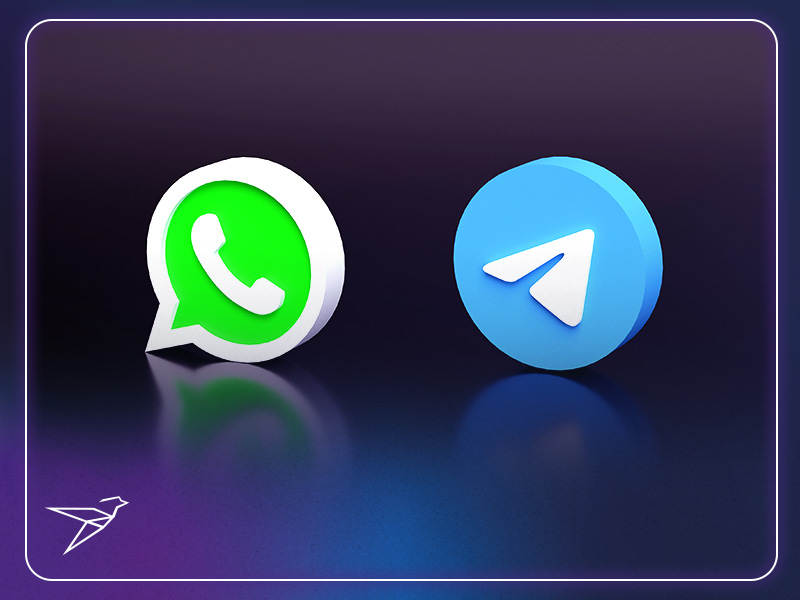
Q1: Can I use both platforms for customer support?
Yes, many businesses integrate both. WhatsApp for direct customer care and Telegram for community updates or product announcements.
Q2: Which is better for automation?
Telegram support automation is easier with open APIs. WhatsApp automation is powerful but comes with compliance and template constraints.
Q3: Are there local providers in Saudi Arabia that help with integration?
Yes, companies like experia specialize in integrating WhatsApp and other communication platforms tailored to Saudi market needs.
Get more details on: How to Choose the Right Communication Platform for Your Business
When comparing WhatsApp vs Telegram for customer support, both platforms offer distinct advantages. WhatsApp leads in secure, personalized, and CRM-integrated communication, making it ideal for most Saudi businesses, Telegram offers flexibility and powerful automation for digital-first organizations.
To find the best fit for your company, consider your support goals, audience preferences, and budget. Need help integrating these tools effectively? experia provides end-to-end communication solutions to elevate your customer experience.
Ready to transform your customer support strategy? Contact us today to get started.
